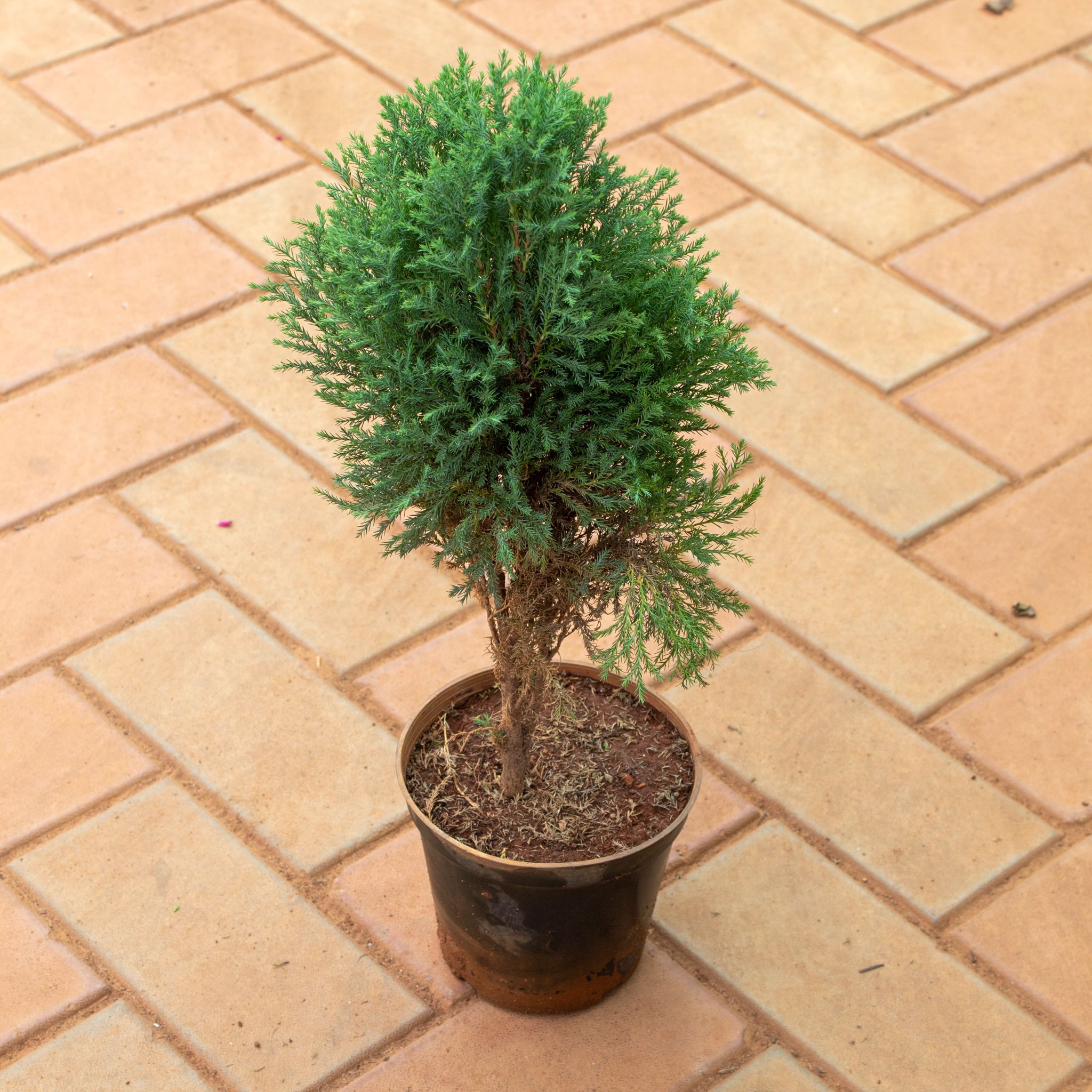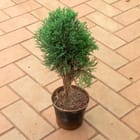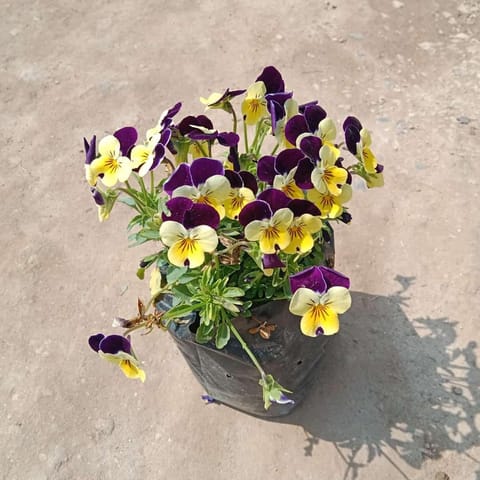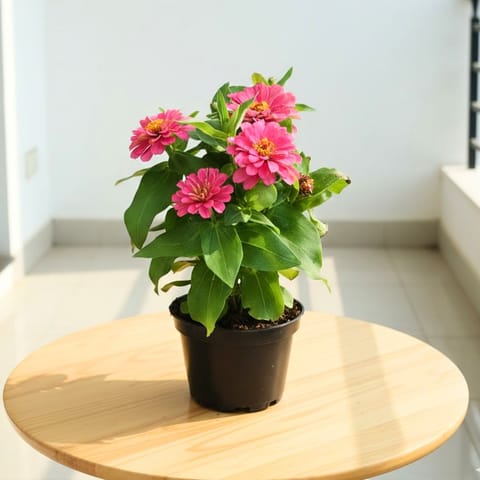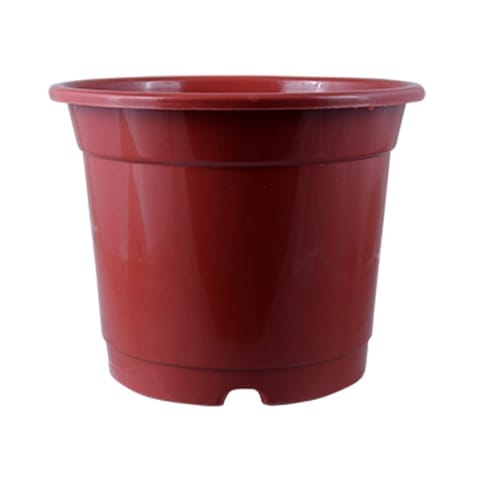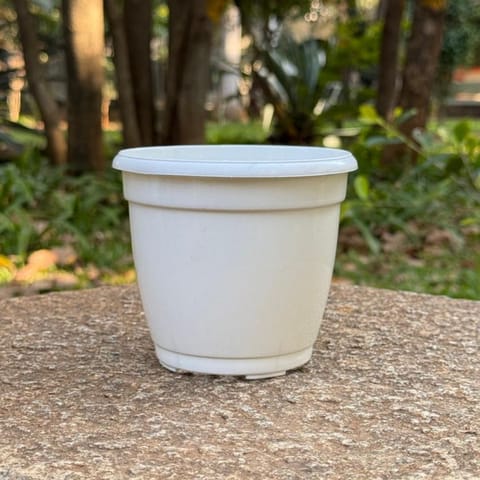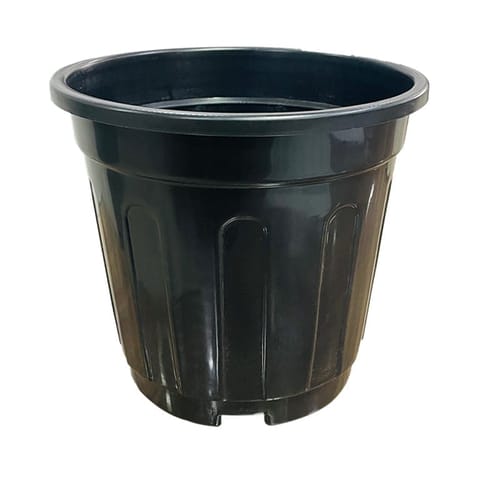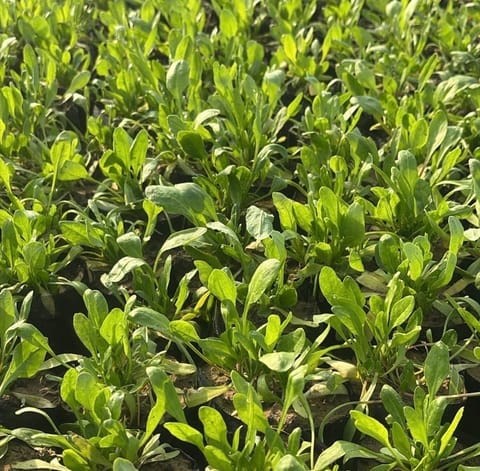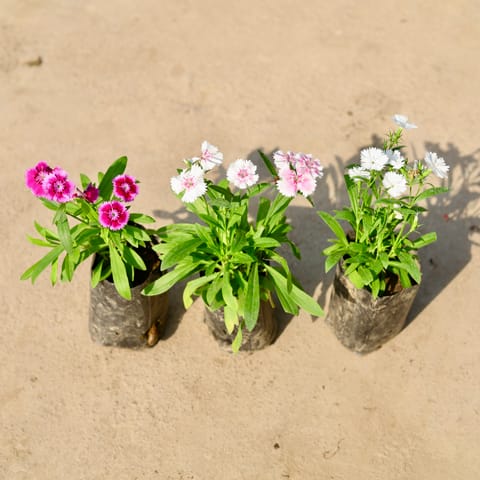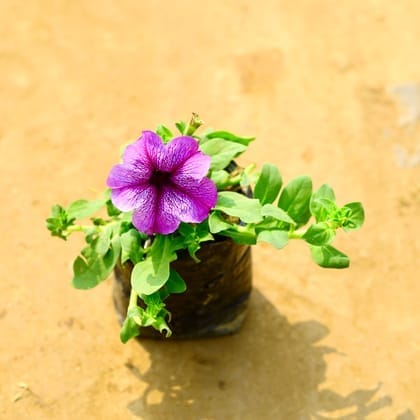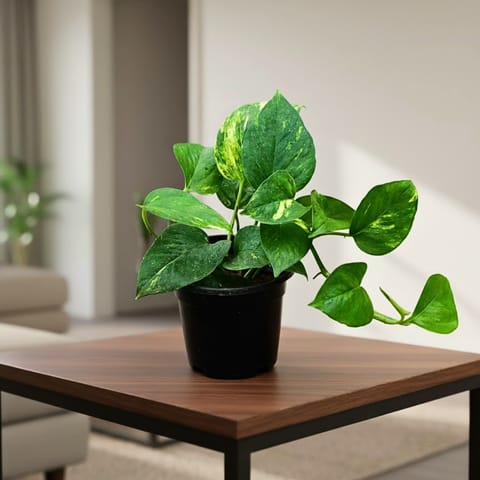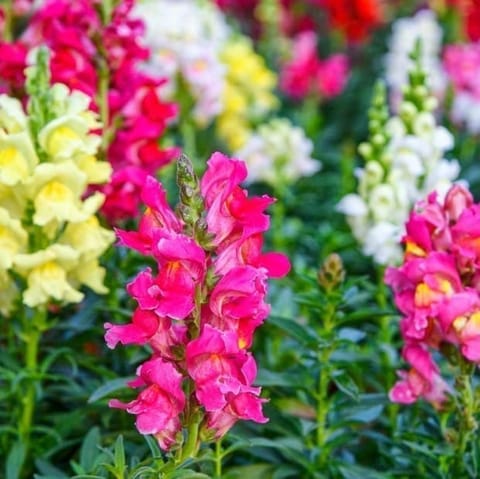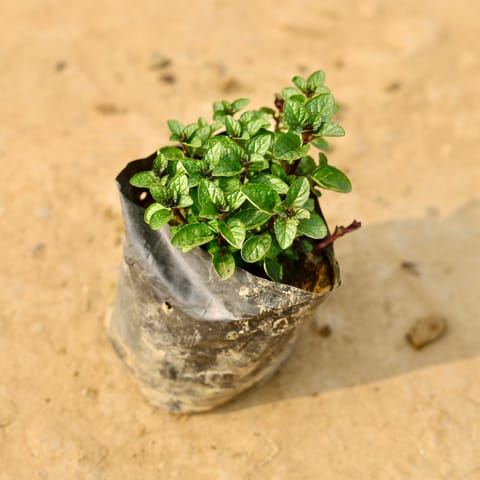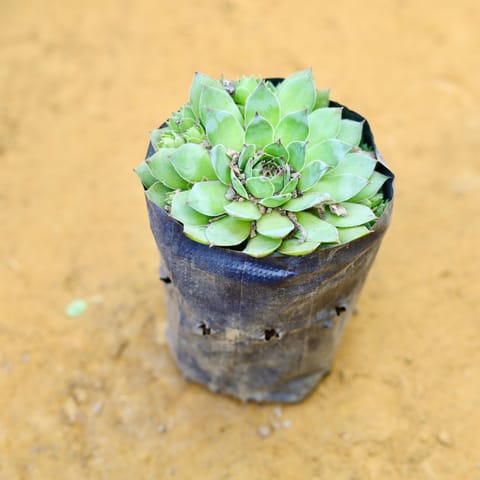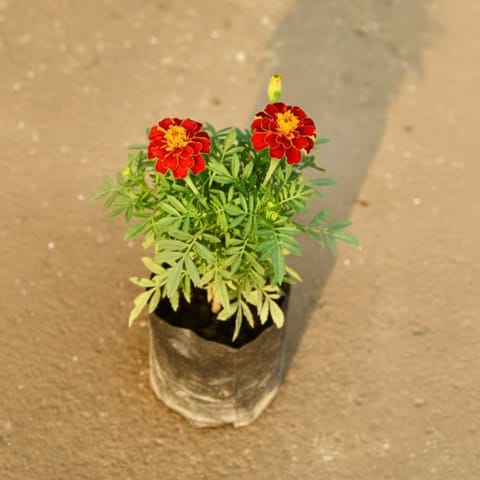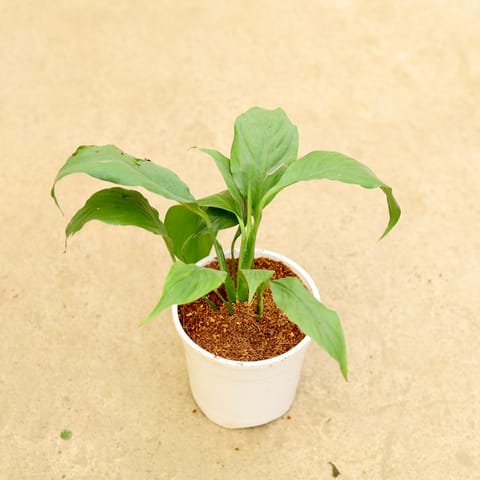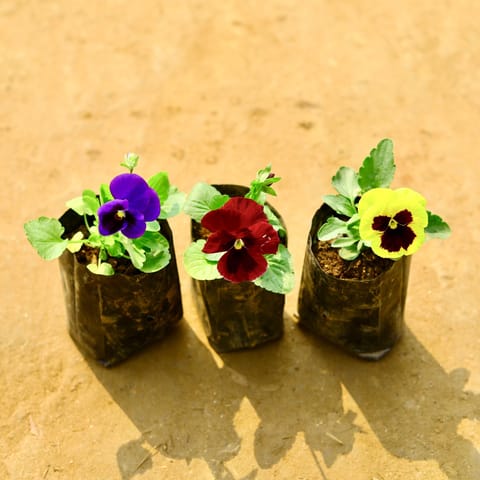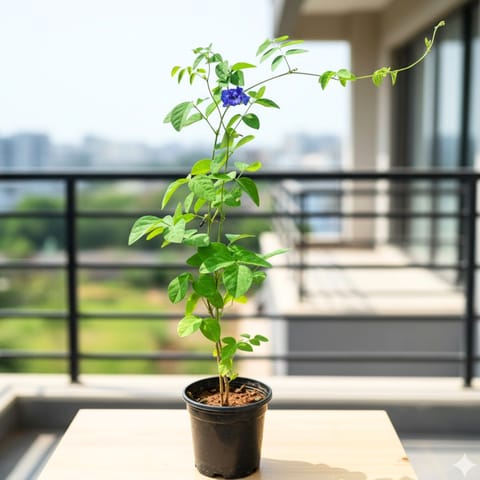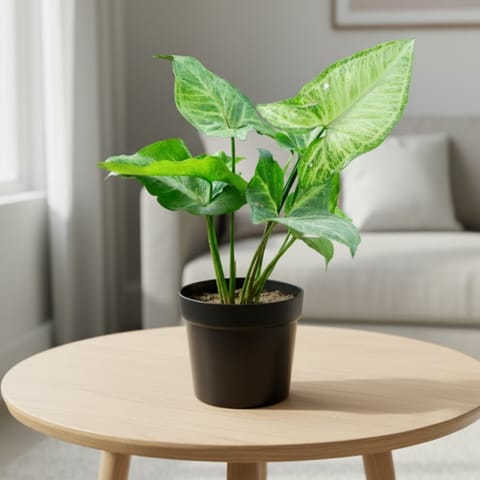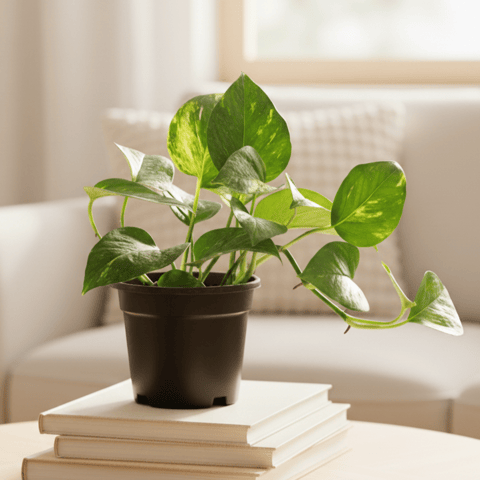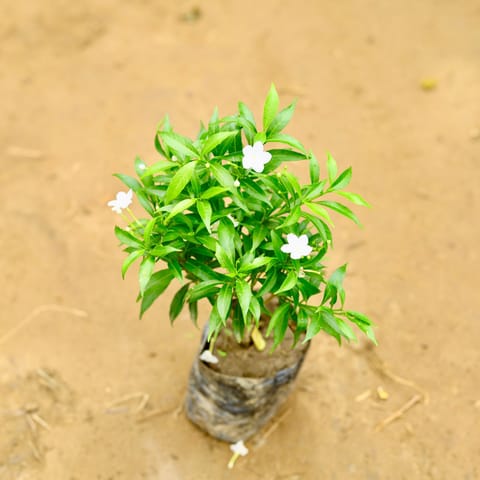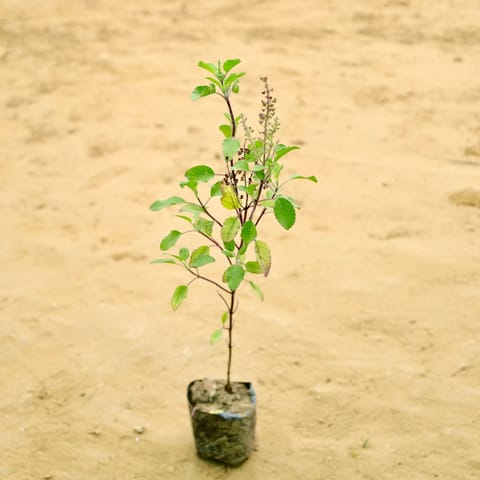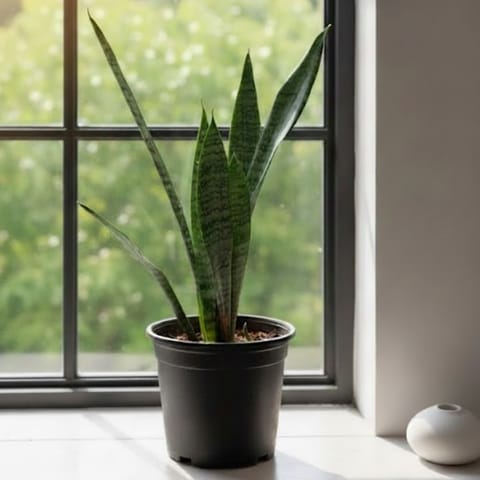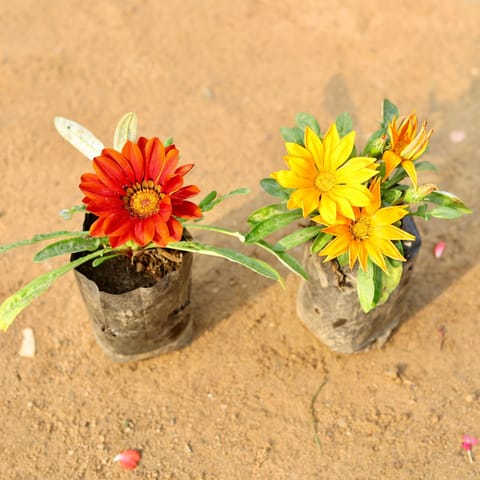Shop
Recent Search
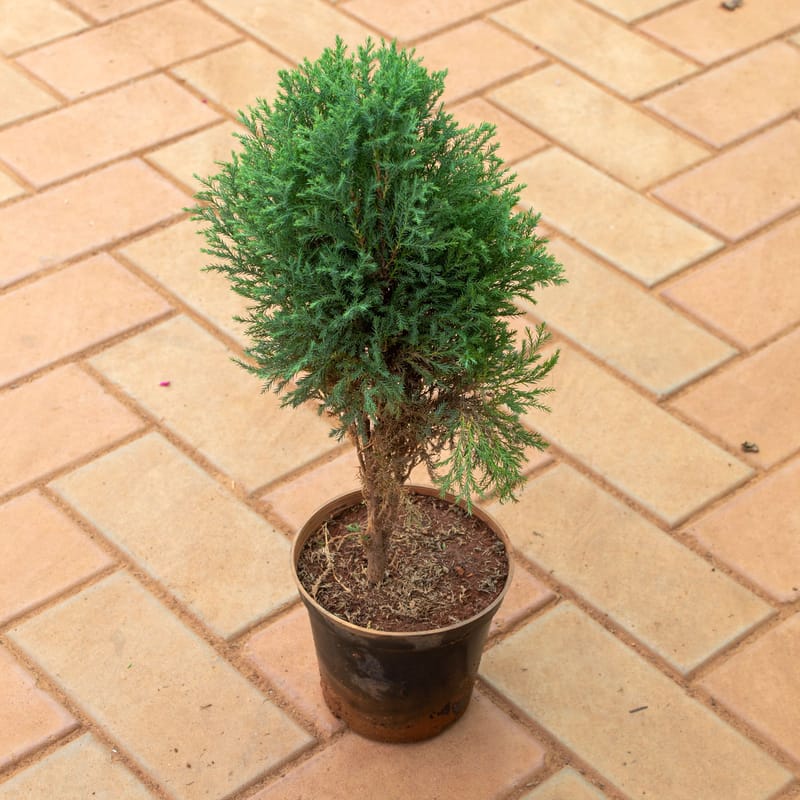
Juniperus Green in 5 Inch Nursery Pot
₹149 ( 62% OFF )
MRP ₹399 Inclusive of all taxes
Features
- Evergreen
- Berry-Like Cone
- Drought Tolerant
- Used in Landscaping
Product Information
Juniperus plants entice with their evergreen foliage and striking blue-hued berries, adorning landscapes with natural elegance. Beyond their aesthetic appeal, these hardy conifers offer myriad benefits. They thrive in diverse environments, providing year-round greenery while requiring minimal maintenance. Their resilience to drought and soil variations makes them ideal for erosion control, windbreaks, and wildlife habitats, adding beauty and ecological value to any setting.
Benefits of Juniperus Plant
 Weed Suppression :
Weed Suppression :
Juniperus plants enhance landscapes with year-round greenery, adding texture, color, and visual interest to gardens, parks, and urban areas.
 Erosion Control :
Erosion Control :
Juniperus plants have extensive root systems that help stabilize soil, preventing erosion on slopes and hillsides.
 Air purification :
Air purification :
Like all trees, Juniperus plants absorb carbon dioxide and release oxygen, contributing to cleaner air and mitigating climate change.
Care Tips for Juniperus Plant
 Watering :
Watering :
The Juniperus plant must be watered periodically. As soon as the top one inch of the soil gets dry, you must water it.
 Light :
Light :
The Juniperus is a plant that does extremely well in temperatures between 30-40 degrees Celsius. Keep it in full sunlight during this time.
 Placement :
Placement :
The Juniperus plant is an outdoor plant and loves the sunlight.
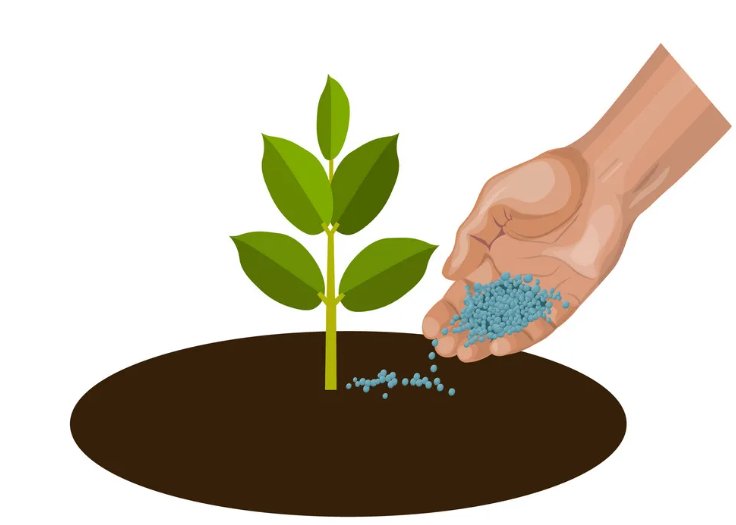 Fertilization :
Fertilization :
The Juniperus is not a very demanding plant. You can use vermicompost or cow dung compost every 15 days to maintain its nutrition balance.
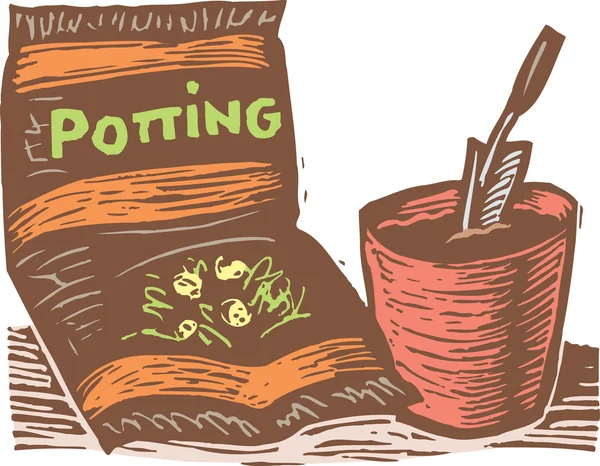 Ideal Soil Mix :
Ideal Soil Mix :
The Juniperus plant requires porous, well-draining soil. The ideal soil mix for this plant is Garden Soil (50%) + Cocopeat (30%) + Vermicompost (20%).
 Pruning :
Pruning :
It is essential to consistently prune the Juniperus plant to give it a better shape and encourage rapid growth.
 Pest Control :
Pest Control :
The Juniperus plant is not very susceptible to pests. Use neem oil spray every week on the leaves as a precautionary measure.
Frequently Asked Questions about Juniperus Plant
1. What is juniper called in India?
Juniperus plant is called Abhal locally.
2. What is special about juniper?
Junipers have the capacity to self-prune, shedding branches for survival, and their sap is rot-resistant.
3. Can we grow juniper in India?
Juniperus often grows wildly in the Indian countryside.
4. What is juniper color?
Juniperus has a deep, jewel-like green with striking blue undertones.
5. Is juniper a flower or a tree?
Juniper is a low-branching shrub with a rounded form.
6. Where can I buy Juniperus plants?
Head over to Urvann, India’s favorite online nursery, and browse from their extensive collection of plants.
.
Customer Review
Be the first to review this product
Add images from your gallery
